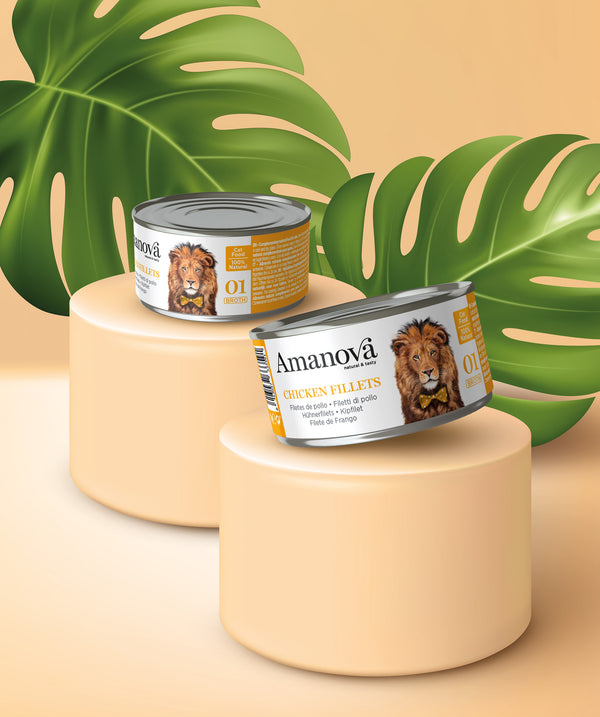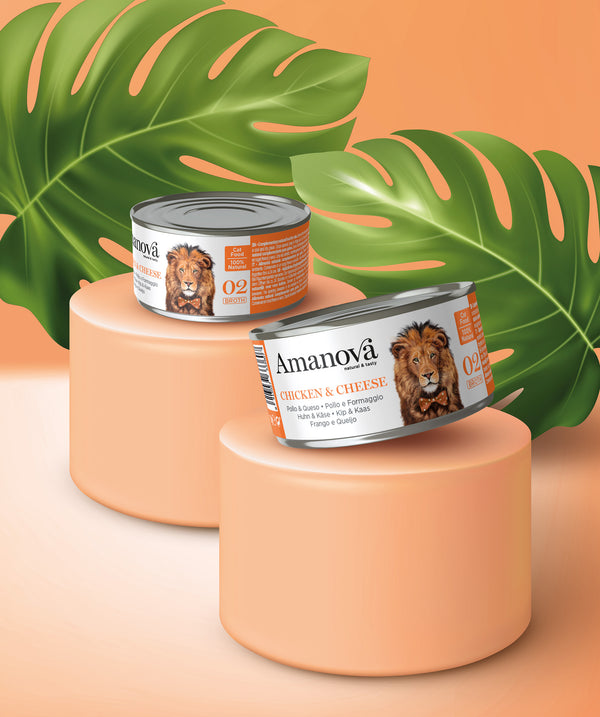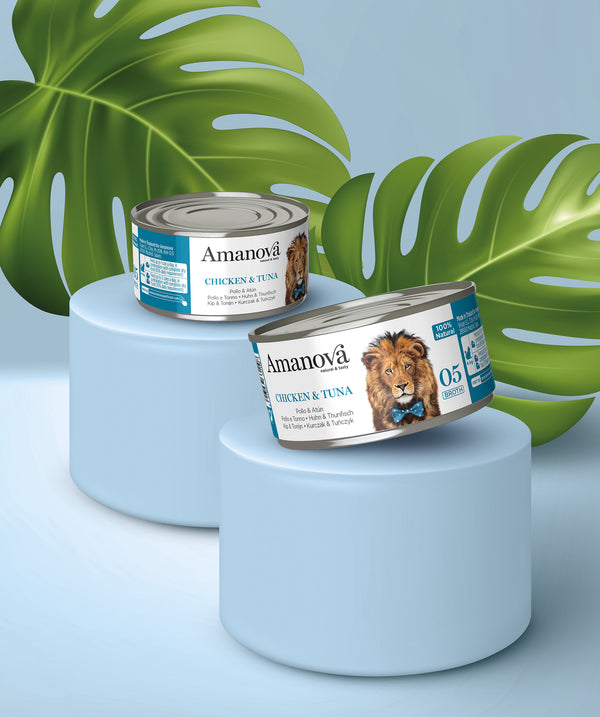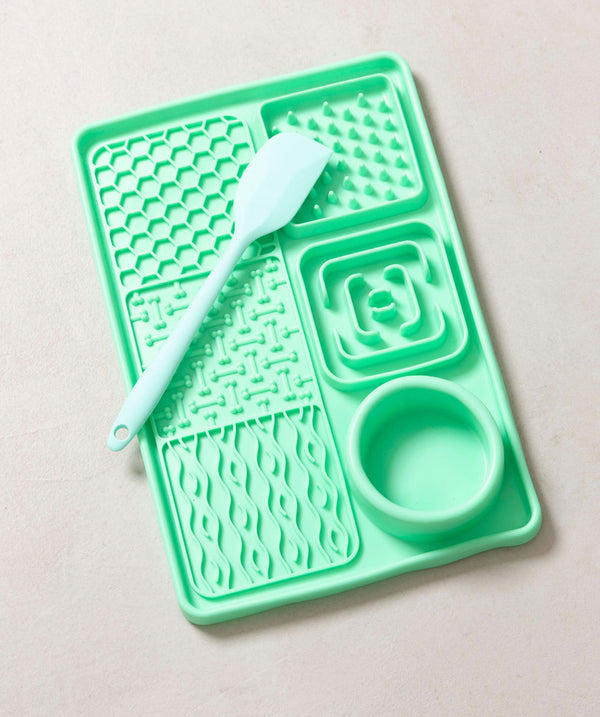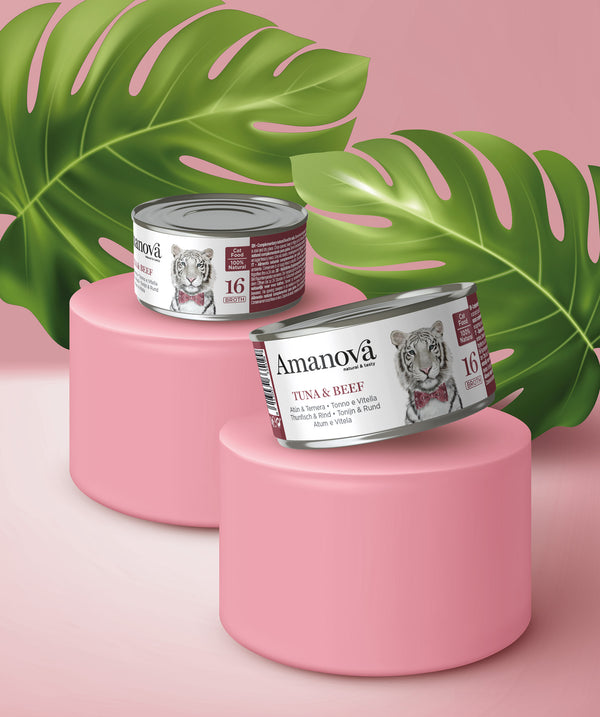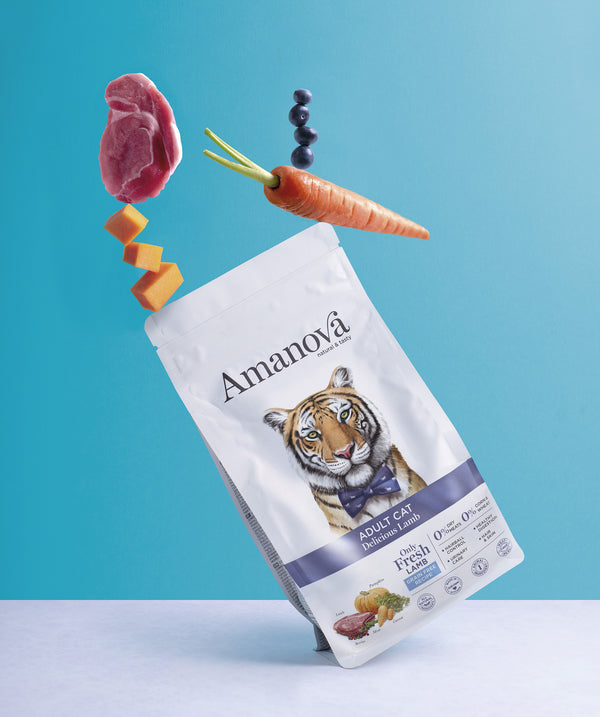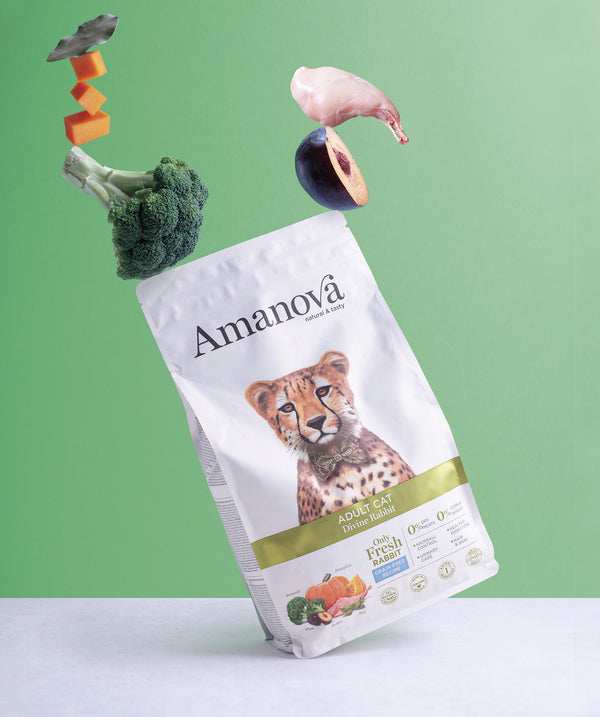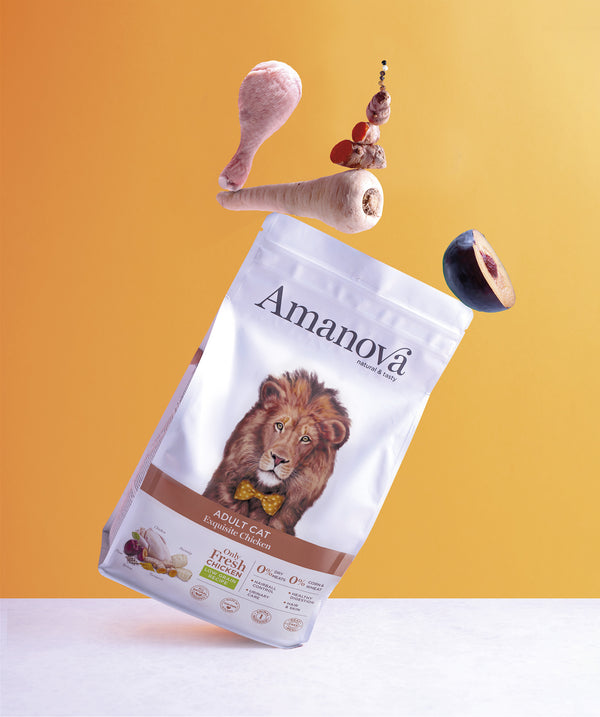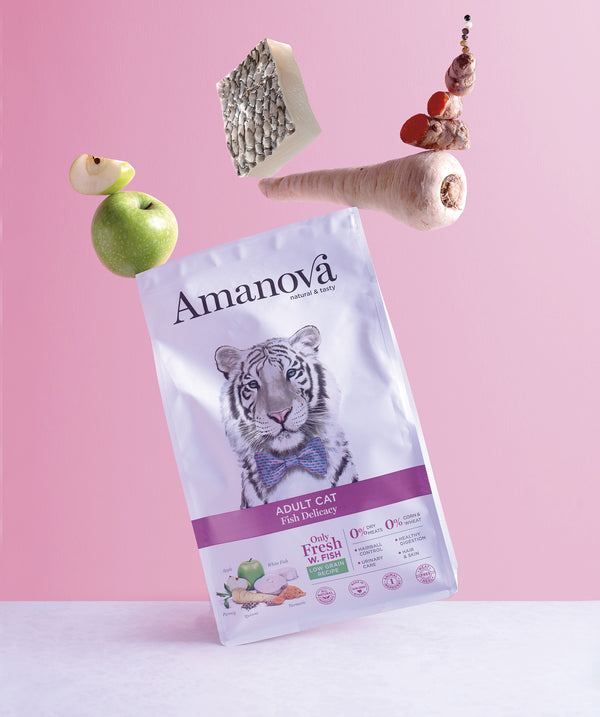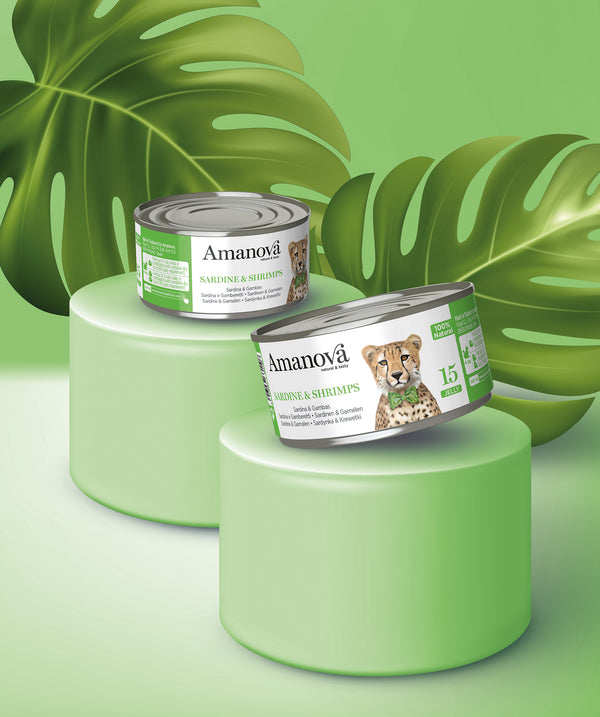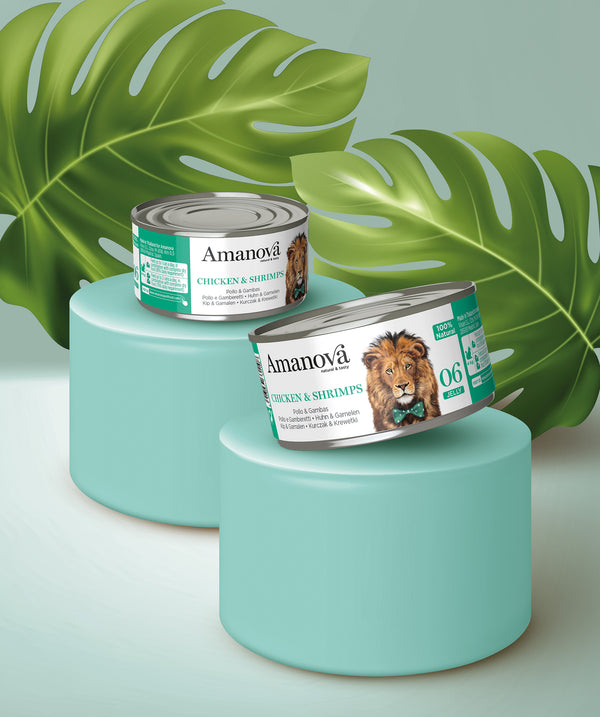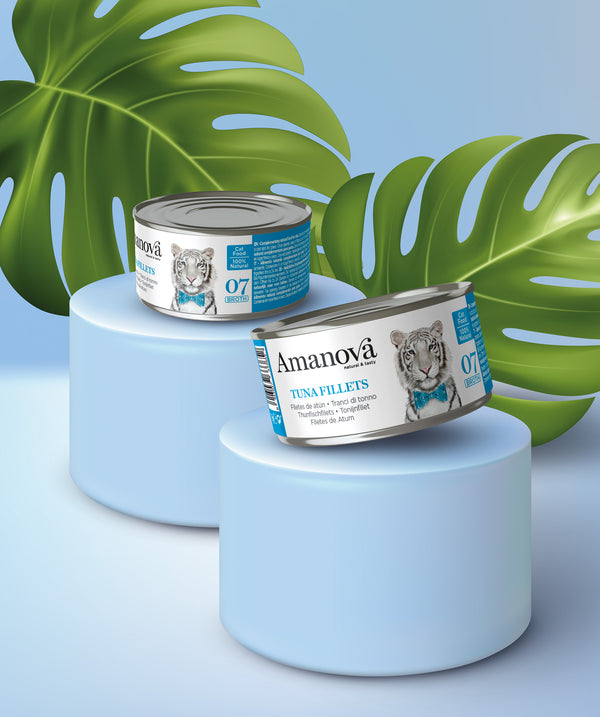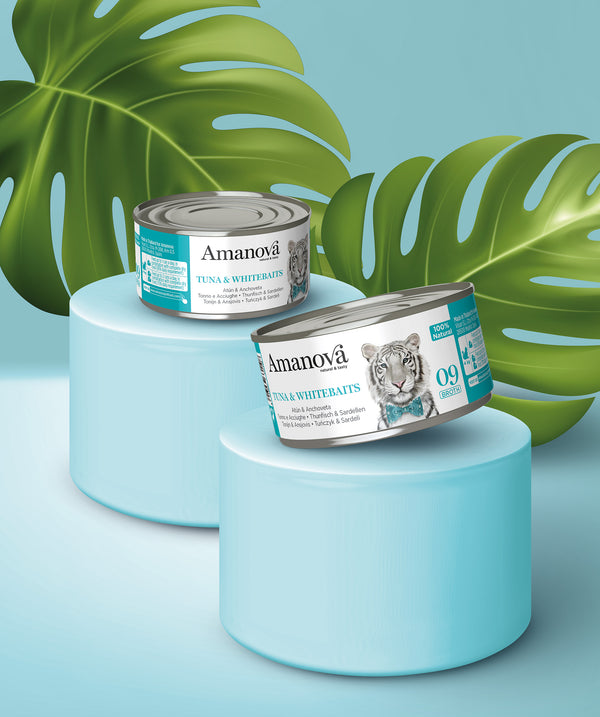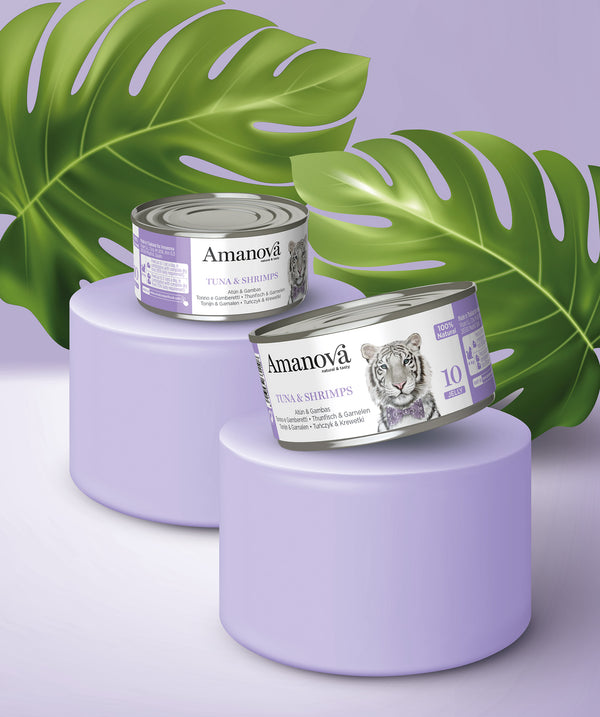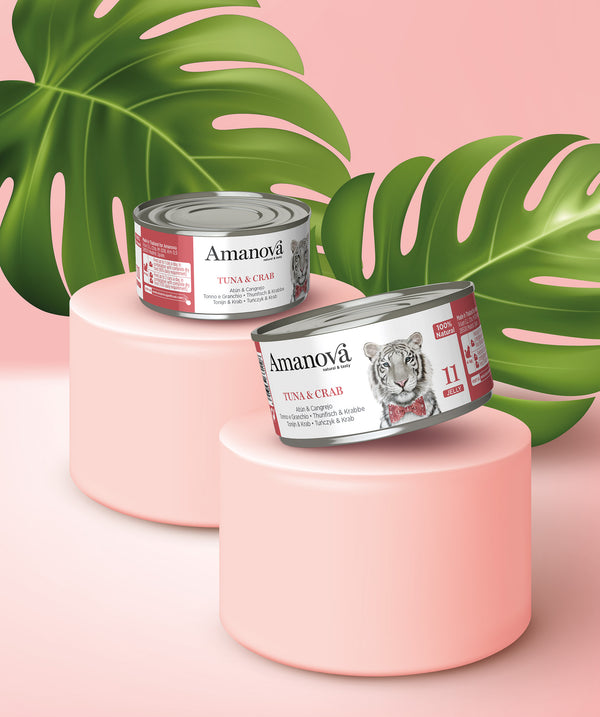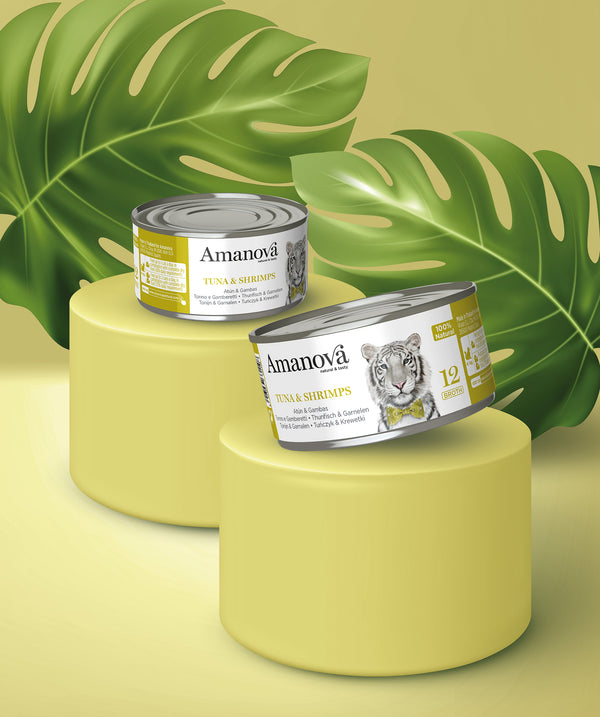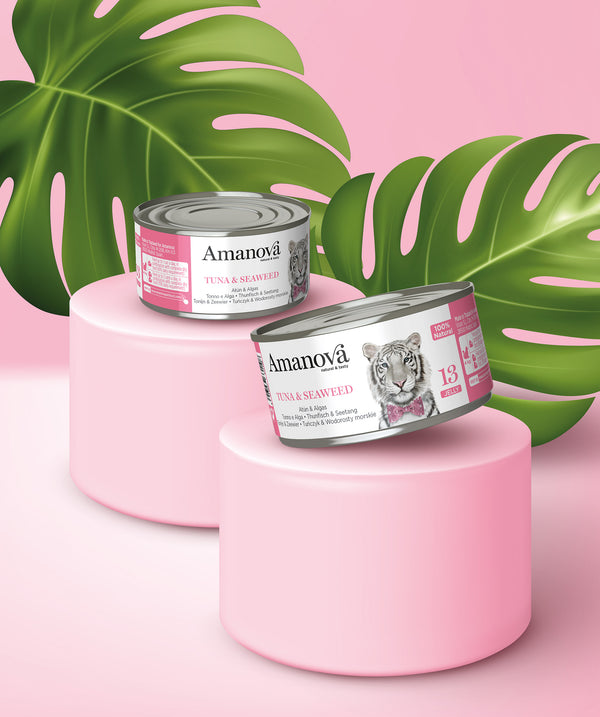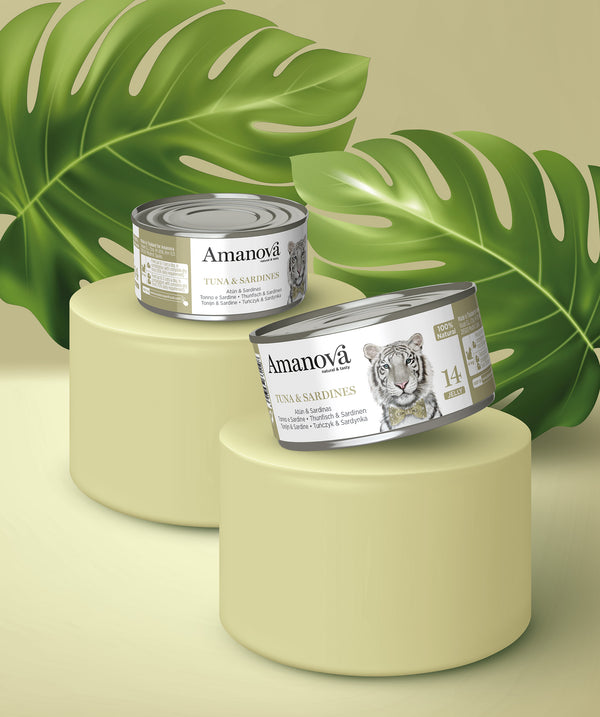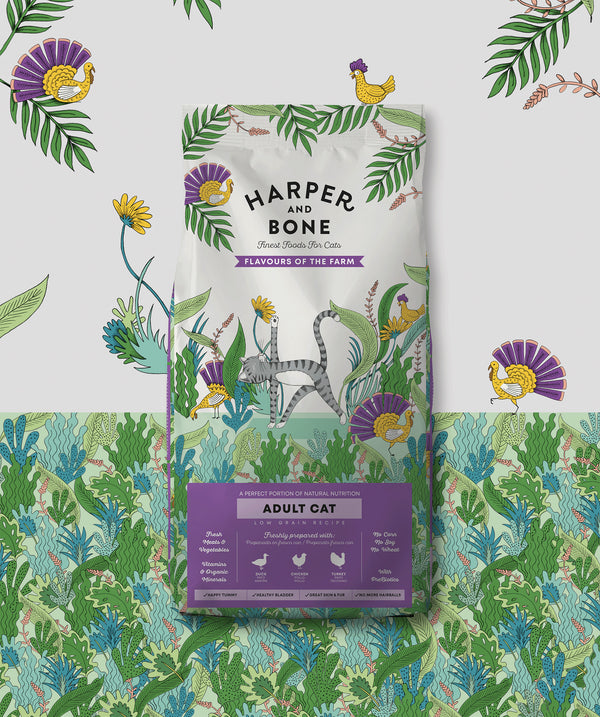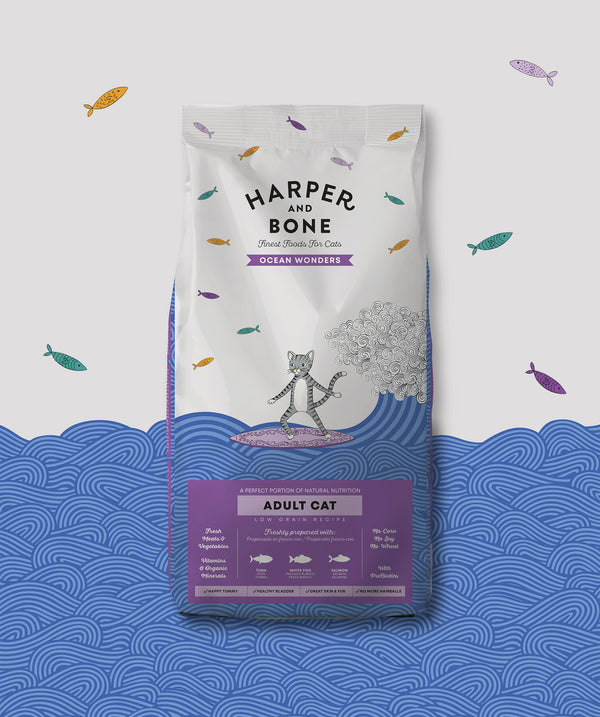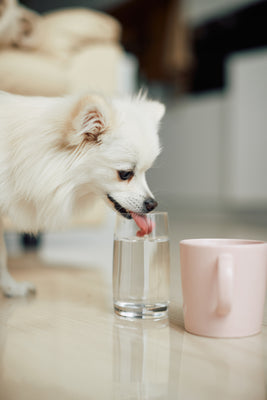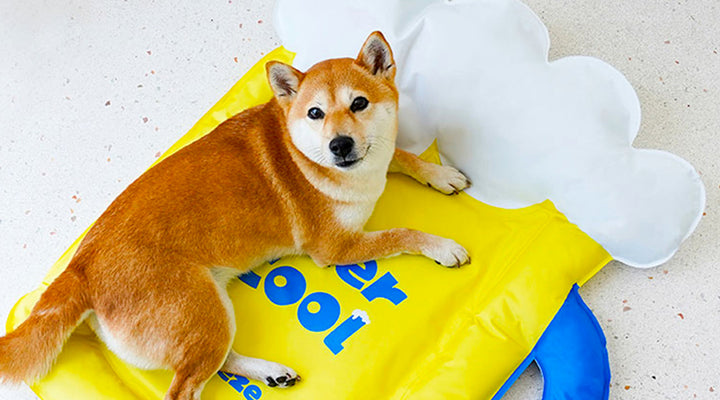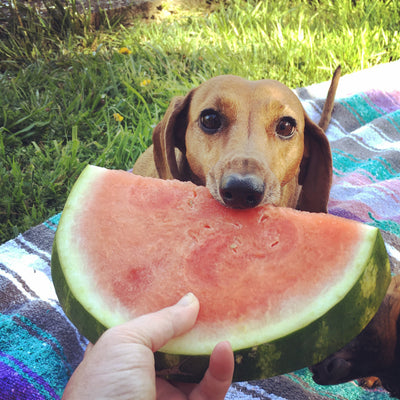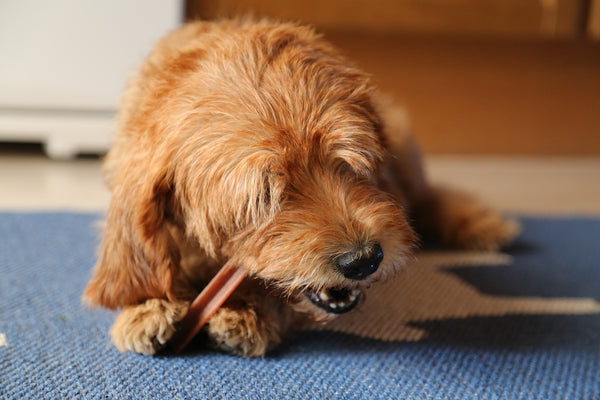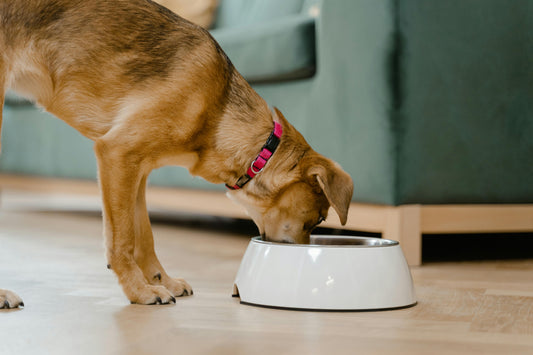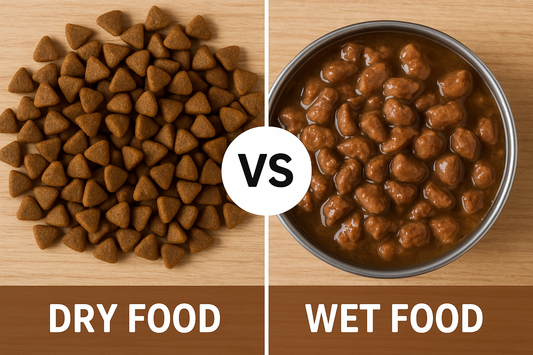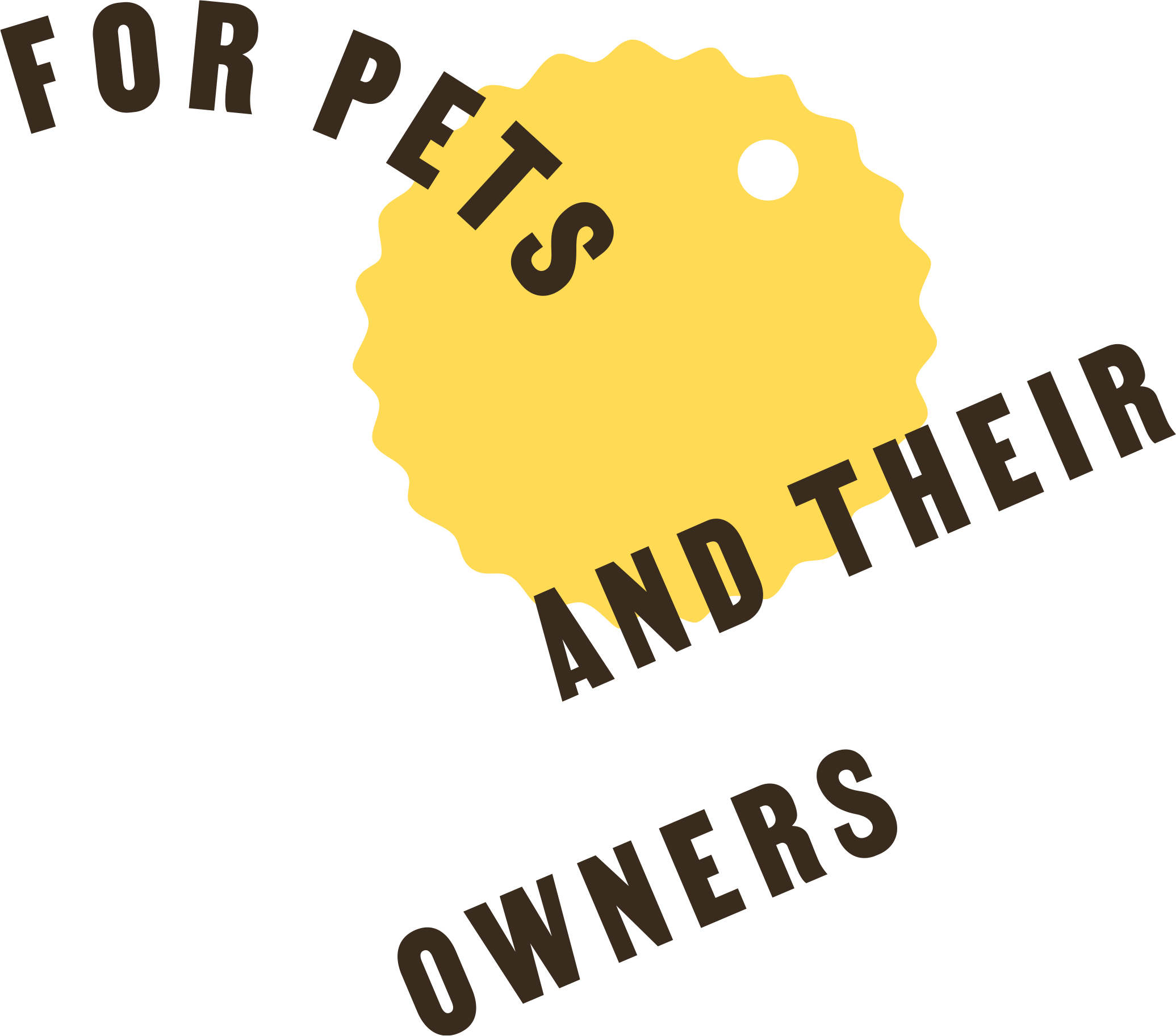When your dog vomits yellow, it’s normal to be concerned. This type of vomit is usually due to the expulsion of bile, a digestive fluid produced in the liver that can appear when the stomach has been empty for too long. While sometimes it may be just an isolated episode, other times it can be a sign of a condition that requires veterinary attention. Understanding the origin of yellow vomit in dogs is key to acting on time and preventing health complications for your furry friend.
What to do if my dog is vomiting yellow?
The first thing to consider is whether the vomiting is occasional or happens frequently. If your dog vomits once in the morning but then remains active, eats normally, and shows no other symptoms, it is likely just a mild episode related to an empty stomach. However, if it happens several times a day or is accompanied by other signs such as lethargy or diarrhea, it is essential to consult a veterinarian.
In cases of recurrent yellow vomit, one of the first steps is to adjust feeding routines. Make sure your dog doesn’t go too many hours without eating, as this can irritate the stomach and lead to bile expulsion. Dividing their daily portion into three or more smaller meals can be a good strategy to prevent an empty stomach.
If you wonder why my dog vomits yellow and refuses to eat, this behavior may be a sign that their digestive system is irritated or that a more serious condition is developing. The combination of lack of appetite with yellow vomiting justifies an immediate visit to the vet for exams to rule out liver disease, pancreatitis, or gastrointestinal infections.
Common causes of yellow vomit in dogs
1. Empty stomach for many hours
A very frequent cause of yellow vomit in dogs is having gone too long without food. With no food in the stomach, bile builds up, irritating the gastric lining and triggering vomiting. This is more common in dogs that eat only once a day or have irregular meal times.
Although it’s not usually serious, vomiting caused by prolonged fasting shouldn’t be ignored if it happens regularly. Adjusting feeding schedules to multiple daily meals is a simple and effective preventive measure for such cases.
2. Gastritis
Gastritis, which is inflammation of the stomach lining, can cause yellow vomit, especially when bile further irritates an empty stomach. This condition may be triggered by consuming inappropriate foods, garbage, grass, or toxic substances.
Dogs with gastritis often show other symptoms such as loss of appetite, abdominal pain, and frequent vomiting. Early treatment is important to prevent it from becoming chronic, and the vet may recommend a specific diet and medication depending on the cause.
3. Liver or pancreatic problems
Diseases of the liver or pancreas can also be behind yellow vomit. These organs play essential roles in digestion and metabolism, and malfunction can disrupt bile production and regulation.
If your dog shows, along with yellow vomit, symptoms like jaundice (yellowing of eyes or skin), lethargy, or weight loss, it’s crucial to run blood tests and diagnostics to identify the underlying condition.
Treatments for dogs with yellow vomit
1. Controlled fasting followed by a bland diet
One of the most common initial treatments when vomiting is mild is to establish a 12-hour fast, during which only small amounts of water are offered. This helps the stomach recover without being constantly active.
After this period, you can introduce a bland diet of boiled rice and unseasoned chicken, which is easy to digest. If the dog tolerates these foods and does not vomit again, their regular diet can be gradually reintroduced.
2. Medication prescribed by the vet
When yellow vomit is linked to digestive diseases, the vet may prescribe antiemetics (to control nausea), stomach protectors, or even antibiotics if infection is present. These medications help reduce stomach irritation and restore digestive balance.
You should never medicate your dog on your own, since some human medicines can be toxic to them. The proper treatment should always be prescribed by a professional after evaluating the exact cause of vomiting.
3. Dietary changes
An inadequate diet may be at the root of yellow vomiting. This is why many vets recommend switching to a high-digestibility kibble, formulated especially for dogs with sensitive stomachs or digestive disorders.
These foods are typically made with natural ingredients, high-quality proteins, and no artificial additives, making digestion easier and preventing new episodes of vomiting.
The best food for your dog is at Onlyfresh
At Onlyfresh we are fully aware that proper nutrition is the foundation of a long and healthy life for your dog, especially if they have digestive sensitivity or have experienced yellow vomit episodes. That’s why our recipes are made with natural, high-quality ingredients, carefully selected to ensure smooth digestion and excellent nutrient absorption. Our kibbles contain no animal by-products or artificial additives, reducing the risk of food intolerances and improving your pet’s gastrointestinal health.
In addition, at Onlyfresh we offer formulas tailored to every stage of a dog’s life—from puppies to seniors—as well as specific options for particular conditions, such as sensitive stomachs or low-fat diets. With a high content of digestible proteins, beneficial fibers, and natural antioxidants, our products promote digestive balance and overall well-being. If you’re looking for complete, safe nutrition with everything your dog needs to recover and stay healthy, Onlyfresh is the best choice.

